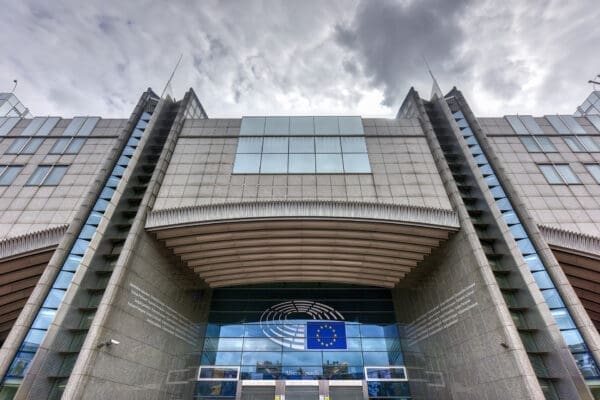The EU has taken another step toward digitizing VAT processes. The Council has approved a directive replacing paper VAT certificates with an electronic alternative on December 20, 2024. This could have both direct and indirect implications for businesses.
The end of paper VAT certificates
The directive mandates using electronic certificates for VAT exemptions, such as those for embassies and international organizations. The digital format simplifies the process, reduces administrative errors, and improves compliance.
Why this matters for digital invoicing
For businesses in e-invoicing and automation, this development aligns with ongoing EU digitalization efforts:
- Integration potential: Digital VAT certificates can become part of broader e-invoicing and compliance solutions.
- Growing interest in digital tools: As governments and organizations adapt to digital processes, the demand for automation solutions increases.
- Streamlined operations for businesses: Digital tools offer an opportunity to provide end-to-end compliance solutions, including e-invoicing and VAT management.
What’s next?
The electronic certificates will be mandatory starting in 2031, with a short transition period allowing for both digital and paper certificates. IT development timelines will coincide with other EU initiatives like the VIDA package, creating opportunities for companies to adapt and innovate.
Key takeaways for digital invoicing businesses
- Explore opportunities to integrate VAT certificates into e-invoicing platforms.
- Monitor EU digitalization trends for further compliance innovations.
- Be ready for increased demand for automated solutions as digital adoption grows.



